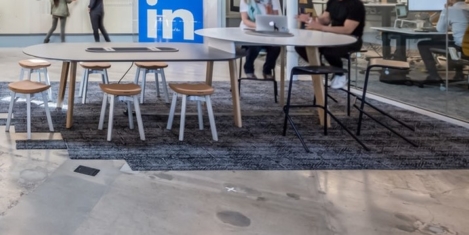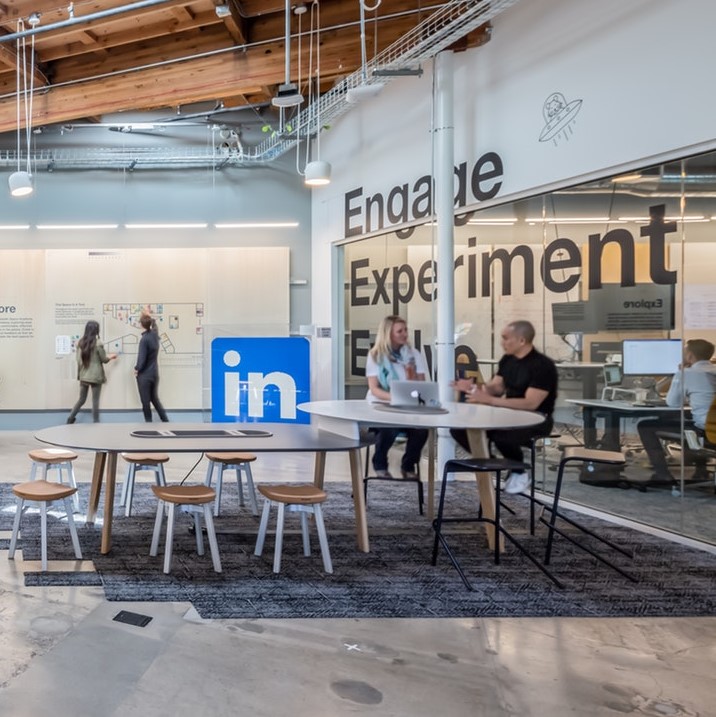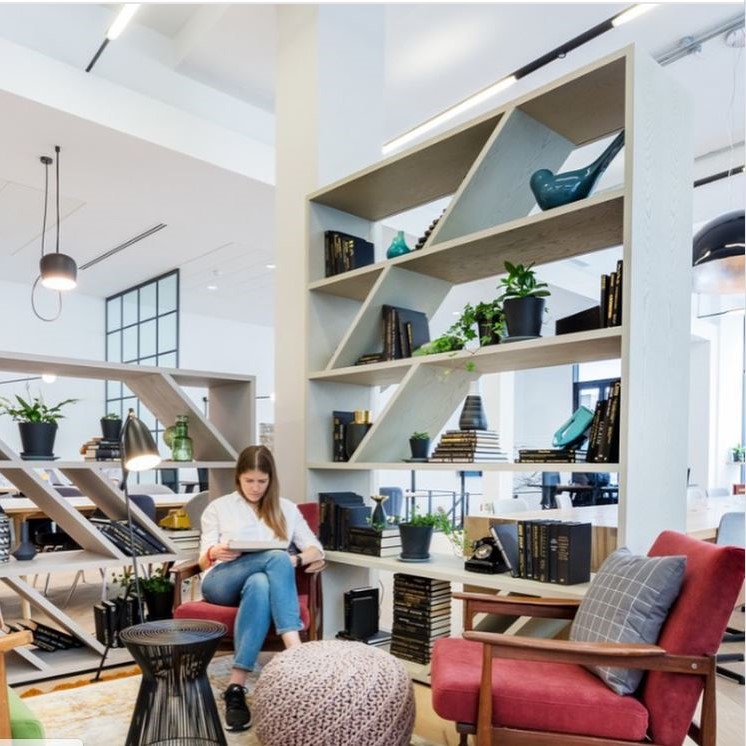To provide the best experiences, we use technologies like cookies to store and/or access device information. Consenting to these technologies will allow us to process data such as browsing behaviour or unique IDs on this site. Not consenting or withdrawing consent, may adversely affect certain features and functions.
The technical storage or access is strictly necessary for the legitimate purpose of enabling the use of a specific service explicitly requested by the subscriber or user, or for the sole purpose of carrying out the transmission of a communication over an electronic communications network.
The technical storage or access is necessary for the legitimate purpose of storing preferences that are not requested by the subscriber or user.
The technical storage or access that is used exclusively for statistical purposes.
The technical storage or access that is used exclusively for anonymous statistical purposes. Without a subpoena, voluntary compliance on the part of your Internet Service Provider, or additional records from a third party, information stored or retrieved for this purpose alone cannot usually be used to identify you.
The technical storage or access is required to create user profiles to send advertising, or to track the user on a website or across several websites for similar marketing purposes.
 New research by Currys PC World in collaboration with technology expert Theo Priestley claims that outdated technology and delays in finding fixes are eating into around 46 minutes of the average employee’s working day, which could cost a business approximately £2,752 a year. Time and money are not the only things lost to outdated technology, however, as half of Brits admit that it has a negative impact on their productivity in their jobs. What’s more, morale can be impacted when employees feel they have to work overtime to make up the time they have lost due to tech issues. More →
New research by Currys PC World in collaboration with technology expert Theo Priestley claims that outdated technology and delays in finding fixes are eating into around 46 minutes of the average employee’s working day, which could cost a business approximately £2,752 a year. Time and money are not the only things lost to outdated technology, however, as half of Brits admit that it has a negative impact on their productivity in their jobs. What’s more, morale can be impacted when employees feel they have to work overtime to make up the time they have lost due to tech issues. More →




















 Sage has released its annual
Sage has released its annual 












January 3, 2020
Burnout remains a risk for workers of all generations
by Brendan Street • Comment, Wellbeing